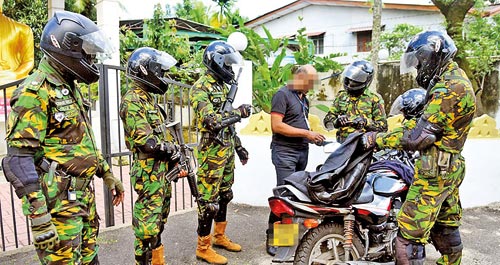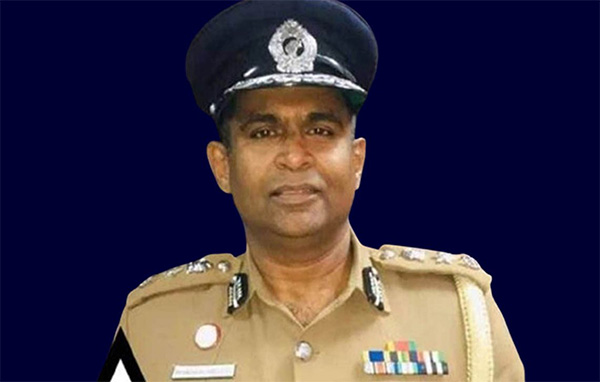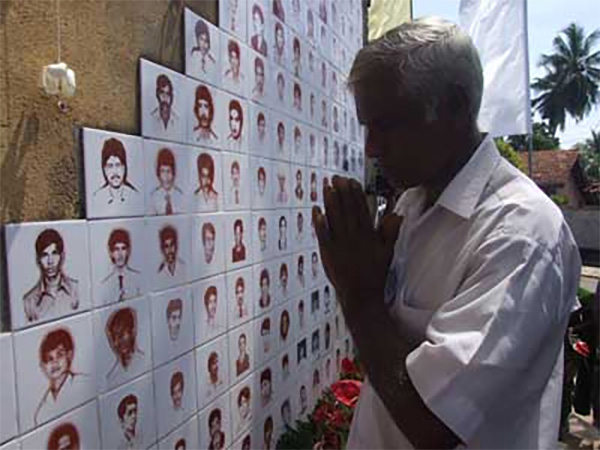A coalition of prominent international human rights organizations has raised alarms over the intensification of anti-drug operations in Sri Lanka, citing significant human rights violations and urging the government to immediately cease the controversial operation named “Yukthiya.” In a joint statement, the organizations expressed deep concern about the reported violations, including arbitrary arrests, invasive searches, and the involvement of the armed forces in the operation.
The operation, spearheaded by Acting Inspector General of Police Deshabandu Tennekoon on December 17, 2023, has drawn widespread criticism for its severe impact on individuals suspected of drug-related offenses. The endorsed operation, with the stated aim of controlling the “drug menace,” has led to at least one thousand daily arrests, bringing the total reported number of arrests to over 29,000 as of January 9, 2024.
Prominent human rights violations include alleged arbitrary arrests, primarily targeting individuals from marginalized socio-economic communities, searches conducted without warrants, and degrading treatment such as strip searches in public. Shockingly, these searches and arrests have been televised, violating the right to privacy and a person’s right to be presumed innocent. The coalition of organizations contends that individuals are being arrested even when no drugs are found in their possession, merely based on past involvement in drug offenses or compulsory rehabilitation.
The statement emphasizes the adverse impact on families, with main livelihood earners and mothers being arrested, affecting their ability to meet basic needs during an economic crisis in Sri Lanka. The operation has also led to overcrowding in prisons, exacerbating existing poor conditions.
Compounding concerns is the use of Section 54A of the Poisons, Opium and Dangerous Drugs Ordinance, a non-bailable offense, resulting in prolonged pretrial detention for those arrested. The coalition notes that this further strains an already overburdened prison system, where conditions have been previously described as ‘inhumane and degrading’ by the Human Rights Commission of Sri Lanka.
The organizations call on the Sri Lankan government to immediately cease operation “Yukthiya” and release individuals arrested without evidence or reasonable suspicion. They also urge the government to release individuals sent to compulsory drug rehabilitation for using drugs or having a drug dependence. Additionally, the coalition calls for an end to the involvement of armed forces in drug control and treatment activities, the repeal of laws allowing compulsory drug rehabilitation, and the allocation of adequate financial resources for voluntary, community-based drug treatment under the Ministry of Health’s leadership.
International organizations, including Amnesty International, Human Rights Watch, and the International Drug Policy Consortium, have joined forces to condemn the punitive and militarized approach to drug control in Sri Lanka. The coalition insists that such an approach contravenes international human rights standards and is ineffective in safeguarding individual and public health. They further call for meaningful engagement with civil society, communities, human rights experts, and UN agencies in reforming national drug laws and policies.
The Sri Lankan government is urged to address the supply side of drug-related issues while respecting due process standards and constitutionally protected fundamental rights. The joint statement concludes with a list of co-signatories, which includes global and regional human rights organizations, drug policy advocacy groups, and associations from various countries.




